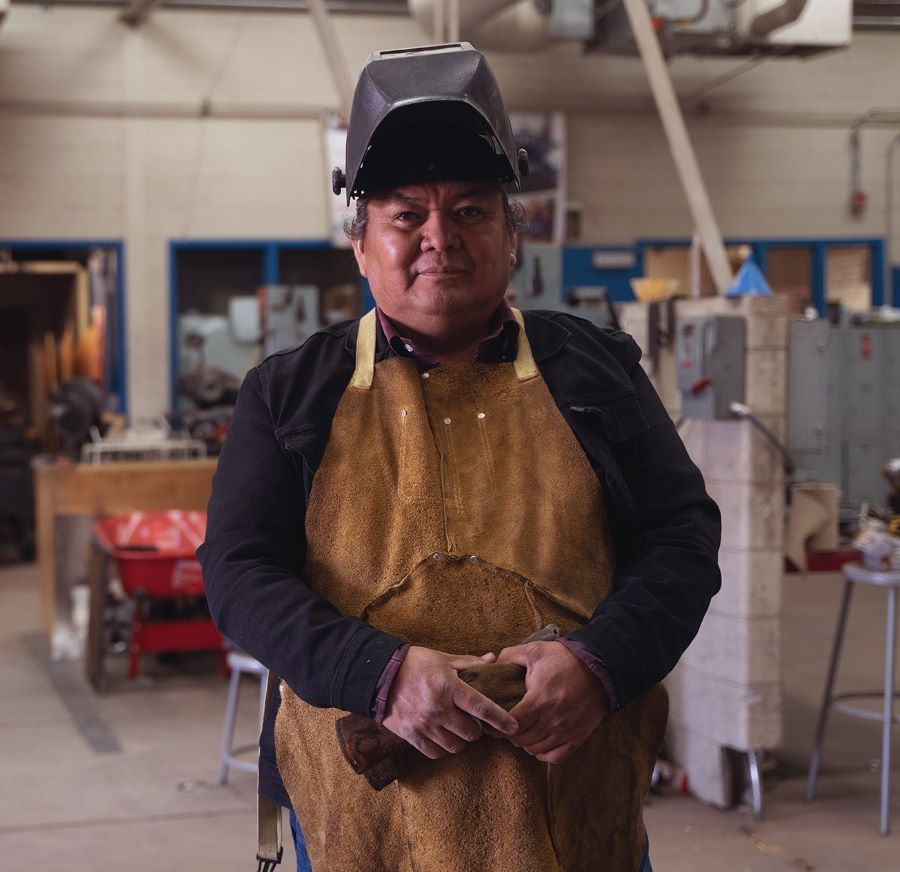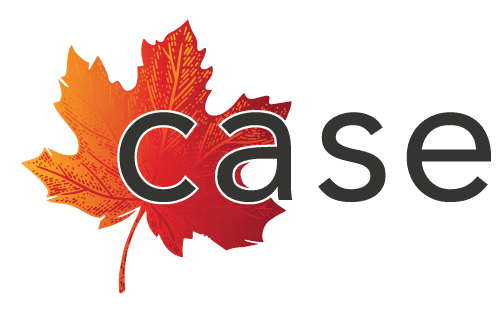Enhancing Workplace Inclusion for Indigenous Workers
Enhancing Workplace Inclusion for Indigenous Workers
Pour la version française de cet article, veuillez cliquer ici. | For the French version of this post, please click here.
Due to historical oppression and current systemic discrimination, Indigenous peoples in Canada experience higher rates of post-traumatic stress disorder (PTSD), depression, and anxiety than the general population.(1) Employers can take steps to build supportive workplaces that enhance feelings of belonging for Indigenous workers and that ensure they have what they need to thrive in their work.
Workplace Challenges
The colonialist employment framework in Canada can lead to Indigenous workers being or feeling excluded from employment. Discriminatory behaviours and attitudes and a lack of cultural considerations in the workplace can impact an Indigenous worker’s mental health and can lead to workplace exclusion.(2)
For some Indigenous workers, certain sights, sounds, smells, thoughts, or information can be triggers that result in traumatic memories or feelings. These triggers can produce an automatic response or reflex or can result in sudden negative emotions.
November is Indigenous Disability Awareness Month (IDAM)
IDAM is recognized every November to promote awareness of the significantly higher rates of disability experienced by Indigenous peoples and the multiple barriers they and their families face every day.
IDAM also celebrates the achievements of Indigenous peoples experiencing disability and recognizes the significant social, economic, and cultural contributions they make every day to our communities.
Source: Indigenous Disability Canada/British Columbia Aboriginal Network on Disability Society (BCANDS)
Triggers in the workplace can include:
- working with a difficult subject matter,
- colonial structures imposed by organizations, institutions, or governments,
- unrealistic timelines to respond to requests,
- discriminatory behaviours or attitudes, or
- stories in the media that are culturally inappropriate, are about racist incidents, or cover sensitive topics.(3)
Enhancing Workplace Inclusion and Mental Health for Indigenous Workers
Very little research is available around workplace inclusivity and the mental health of Indigenous workers. In 2022, Lakehead University’s Enhancing the Prevention of Injury and Disability at Work Research Institute (EPID@Work) conducted five sharing circles with community members of the Nokiiwin Tribal Council (Thunder Bay, Ontario).
Five themes emerged for enhancing inclusion and workplace mental health for Indigenous workers:
- Connecting with individuals who understand and respect Indigenous culture.
- Respecting Indigenous traditions.
- Hearing about positive experiences and stories.
- Developing trusting relationships, while acknowledging that developing trust takes time.
- Exclusion is beyond the workplace—it also touches families and communities.(4)

Positive mental health for Indigenous Canadians is strongly related to cultural identity. Maintaining Indigenous mental health requires incorporating connections to land, community, and family (Hall et al., 2015). Community belonging can act as a protective factor against symptoms of anxiety and depression for Indigenous peoples.(5)
Practical Tips for Employers
- Racism, discrimination, and sexual harassment in the workplace should never be tolerated and must be addressed immediately.
Despite cultural safety training, many Indigenous workers end up leaving workplaces due to systemic racism (Conway et al., 2017). Approximately 10% of Indigenous women reported being sexually harassed at work, compared to 3.8% of women in the Canadian population (Hango and Moyser, 2018). Negative behaviours—which are never “just a joke”—affect the mental health of Indigenous workers.
- Mentorship offers a bridge to transition into the workforce and to advance in a career.
While it may look different, the concept of mentoring is familiar in Indigenous communities. Consider integrating CASE’s MentorAbility program or other mentoring approach and seek Indigenous mentors where possible.
- An Elder from a local Indigenous community can be hired for a consultation or to provide services at your workplace.
An Elder can offer spiritual and emotional support using a trauma-informed approach. They can bring knowledge of the land to the workplace and infuse it with cultural practices, such as smudging, opening/closing prayers, pipe ceremonies, drumming, and Indigenous teachings. The Elder must be made aware of the different Indigenous cultures in your organization to navigate situations respectfully and meaningfully.(6)
- Have regular one-on-one discussions with employees about their career and whether they would like skills upgrading.
Historically, Indigenous students have been disadvantaged at all levels of schooling and employers have focused on jobs rather than careers. Shift the focus to career development through regular conversations with Indigenous workers. Do they have everything they need to do their job? Would they like skills upgrading? How do they envision their career progressing? Be clear about how you and your organization can support them. Read more about discussing career progression in this CASE blog post.
- Recognize and promote Indigenous workers and leadership.
Seek out and follow the leadership of skilled Indigenous workers. If they choose, help them to mentor other workers and up-and-coming leaders.
- Train the business and HR leaders of tomorrow to integrate inclusion.
Review existing training and mentoring to ensure that all up-and-coming leaders in your organization learn, right from the start, the importance of integrating inclusion throughout the workplace.
Respectful Relationships for Workers to Thrive
Respectful relationships based on reciprocal listening and sharing are fundamental to creating feelings of belonging in communities and in workplaces. CASE and our partner organizations are committed to building respectful relationships so that Indigenous workers can thrive. For instance, MentorAbility Hubs partner with local Indigenous organizations to learn and to collaborate on events, job fairs, and training programs to meet the needs of First Nations, Métis, and Inuit job seekers.
Systems are created and perpetuated, and are also changed, by people. We can all work together to recognize and to dismantle the discriminatory colonial systems that are still embedded in our personal and organizational frameworks.
References
1. National Collaborating Centre for Indigenous Health (NCCIH). Post-traumatic stress disorder (PTSD), anxiety and depression among Aboriginal peoples in Canada. Mental health series. 2015.
2. O’Loughlin, R.A., Kristman, V.L. and Gilbeau, A. Inclusion of Indigenous workers in workplace mental health. Equality, Diversity and Inclusion. 2022. Vol. 41 No. 3, pp. 340-351.
3. Elder Roseann Martin. Trauma Informed and Culturally Appropriate Approaches in the Workplace: A Native Women’s Association of Canada’s Initiative. Native Women’s Association of Canada.
4. O’Loughlin, R.A., Kristman, V.L. and Gilbeau, A. Inclusion of Indigenous workers in workplace mental health. Equality, Diversity and Inclusion. 2022. Vol. 41 No. 3, pp. 340-351.
5. Burnett, Chantal et al. Spirituality, Community Belonging, and Mental Health Outcomes of Indigenous Peoples during the COVID-19 Pandemic. Int J Environ Res Public Health. 2022 Feb; 19(4): 2472. Accessed September 6, 2024.
6. Elder Roseann Martin. Trauma Informed and Culturally Appropriate Approaches in the Workplace: A Native Women’s Association of Canada’s Initiative. Native Women’s Association of Canada.

